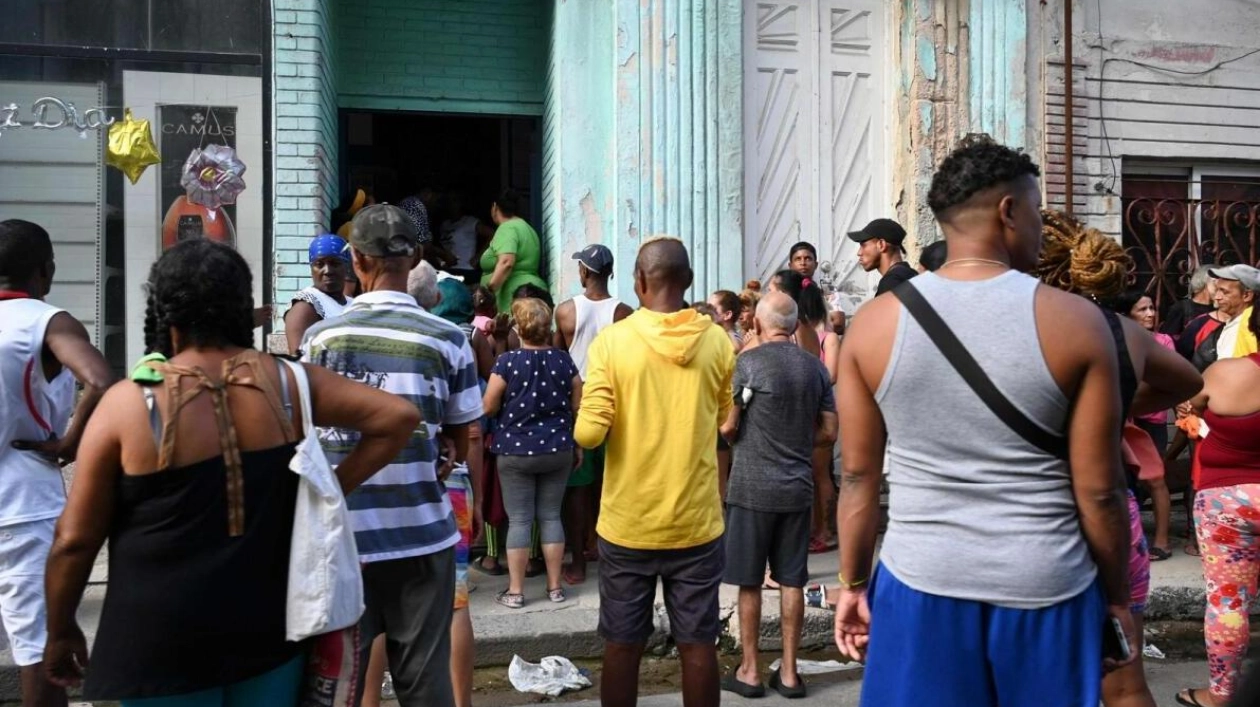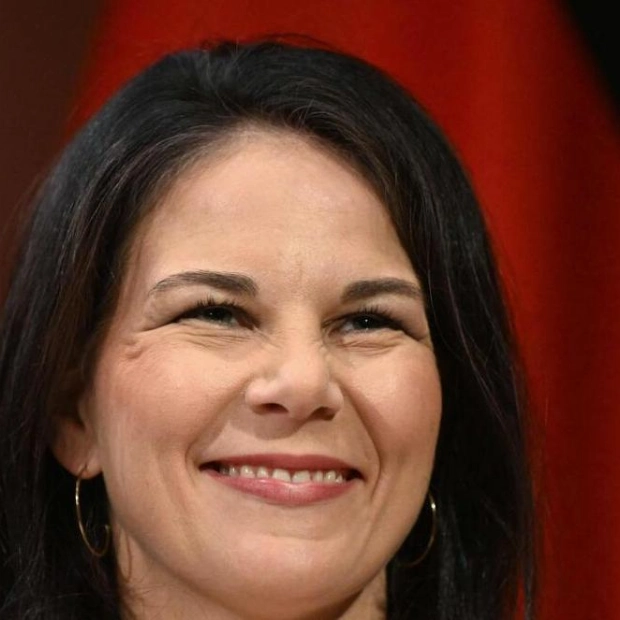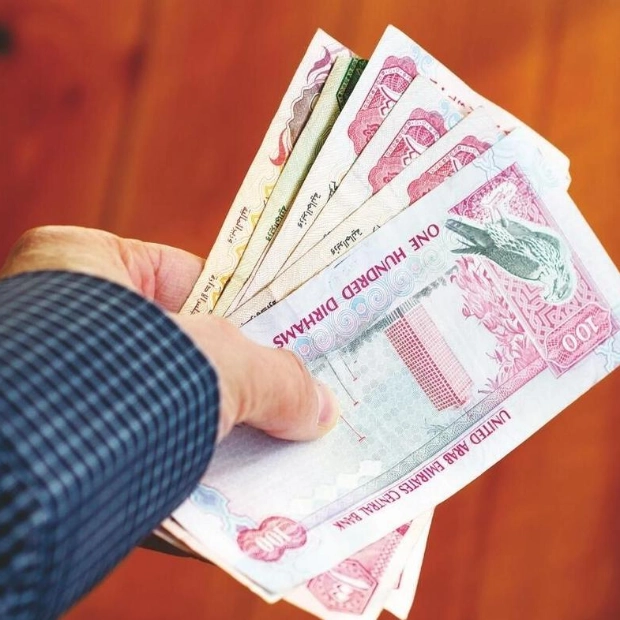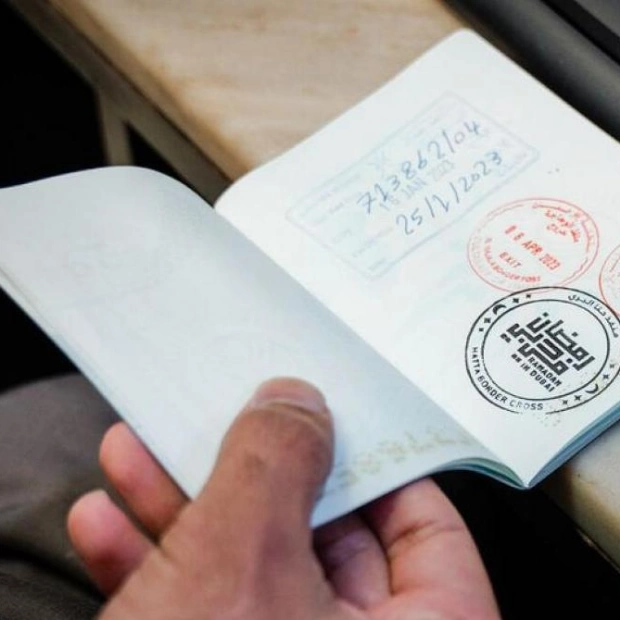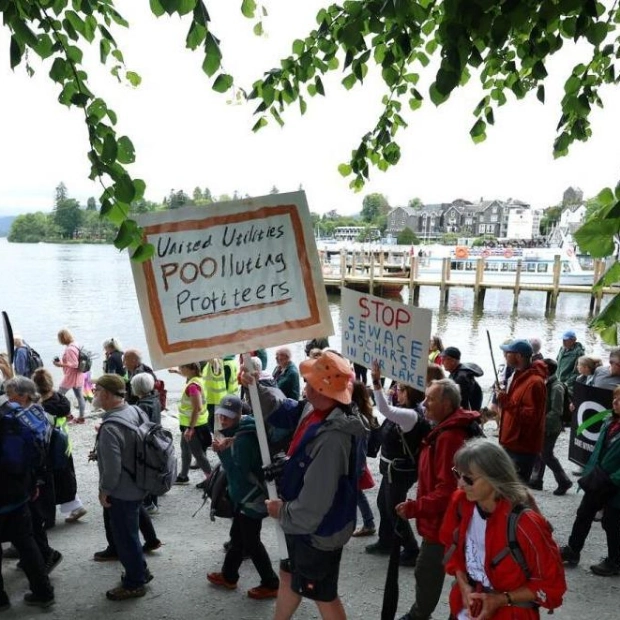People queue outside a store for food on the third day of a massive power outage in Havana on October 20, 2024. – AFP
Hurricane Oscar made landfall in Cuba on Sunday evening, adding to the chaos and suffering as the country deals with a nearly nationwide power outage entering its third day. The arrival of Oscar, following the collapse of Cuba's largest power plant on Friday, which crippled the national grid, exacerbates the challenges faced by a nation already struggling with soaring inflation and shortages of food, medicine, fuel, and water. The Cuban government announced that power would be restored for most of the country by Monday evening, with President Miguel Diaz-Canel warning that public disturbances during the outage would not be tolerated.
Oscar, classified as a Category 1 storm, hit eastern Cuba at 5:50 pm local time (2150 GMT) on Sunday, according to the US National Hurricane Center. The storm had maximum sustained winds of around 80 miles (130 kilometers) per hour and was moving westward at seven miles per hour. In Baracoa, waves as high as 13 feet (four meters) struck the seafront, damaging roofs and walls of houses, and felling electricity poles and trees, as reported by state television.
President Diaz-Canel stated on Saturday that authorities in the eastern part of the island were working diligently to protect people and economic resources in anticipation of Hurricane Oscar. Energy and Mining Minister Vicente de la O Levy informed reporters on Sunday that electricity would be restored for most Cubans by Monday night, with the last customer expected to receive service by Tuesday. The power grid failed due to a chain reaction triggered by the unexpected shutdown of the largest of the island's eight aging coal-fired power plants, according to Lazaro Guerra, the head of electricity supply at the energy ministry.
National electric utility UNE managed to generate a minimal amount of electricity to restart power plants on Friday night, but by Saturday morning, the electrical grid experienced a complete disconnection, as reported by official news outlet Cubadebate. Most neighborhoods in Havana remain without power, except for hotels and hospitals with emergency generators and a few private homes with backup systems. "God knows when the power will come back on," said Rafael Carrillo, a 41-year-old mechanic, who had to walk almost five kilometers due to the lack of public transportation during the blackout.
The blackout followed weeks of power outages, lasting up to 20 hours a day in some provinces. Prime Minister Manuel Marrero declared an "energy emergency" on Thursday, suspending non-essential public services to prioritize electricity supply to homes. On Sunday, President Diaz-Canel warned that the government would take severe action against anyone attempting to disturb public order during the blackout. This warning came as residents in several Havana neighborhoods took to the streets on Sunday night to express their discontent.
President Diaz-Canel attributed the situation to Cuba's difficulties in acquiring fuel for its power plants, which he linked to the tightening of a six-decade-long US trade embargo during Donald Trump's presidency. Cuba is experiencing its worst economic crisis since the collapse of the Soviet Union in the early 1990s, characterized by soaring inflation and shortages of basic goods. With no relief in sight, many Cubans have emigrated. More than 700,000 entered the United States between January 2022 and August 2024, according to US officials.
To strengthen its grid, Cuba has leased seven floating power plants from Turkish companies and added numerous small diesel-powered generators. In July 2021, blackouts sparked unprecedented public anger, with thousands of Cubans taking to the streets to protest, shouting "We are hungry" and "Freedom!" One person was killed, and dozens were injured in the protests. According to the Mexico-based human rights organization Justicia 11J, 600 people detained during the unrest remain in prison. In 2022, the island also faced months of daily, hours-long power outages, culminating in a nationwide blackout caused by Hurricane Ian.
Source link: https://www.khaleejtimes.com
